Donald Trump’s hush money trial has been a significant legal and political story, drawing attention from across the globe. It is a complex and multifaceted case with significant legal, political, and historical implications.
Join us as we discuss the key aspects of the case, providing a comprehensive overview of what you need to know.
Background of the Case
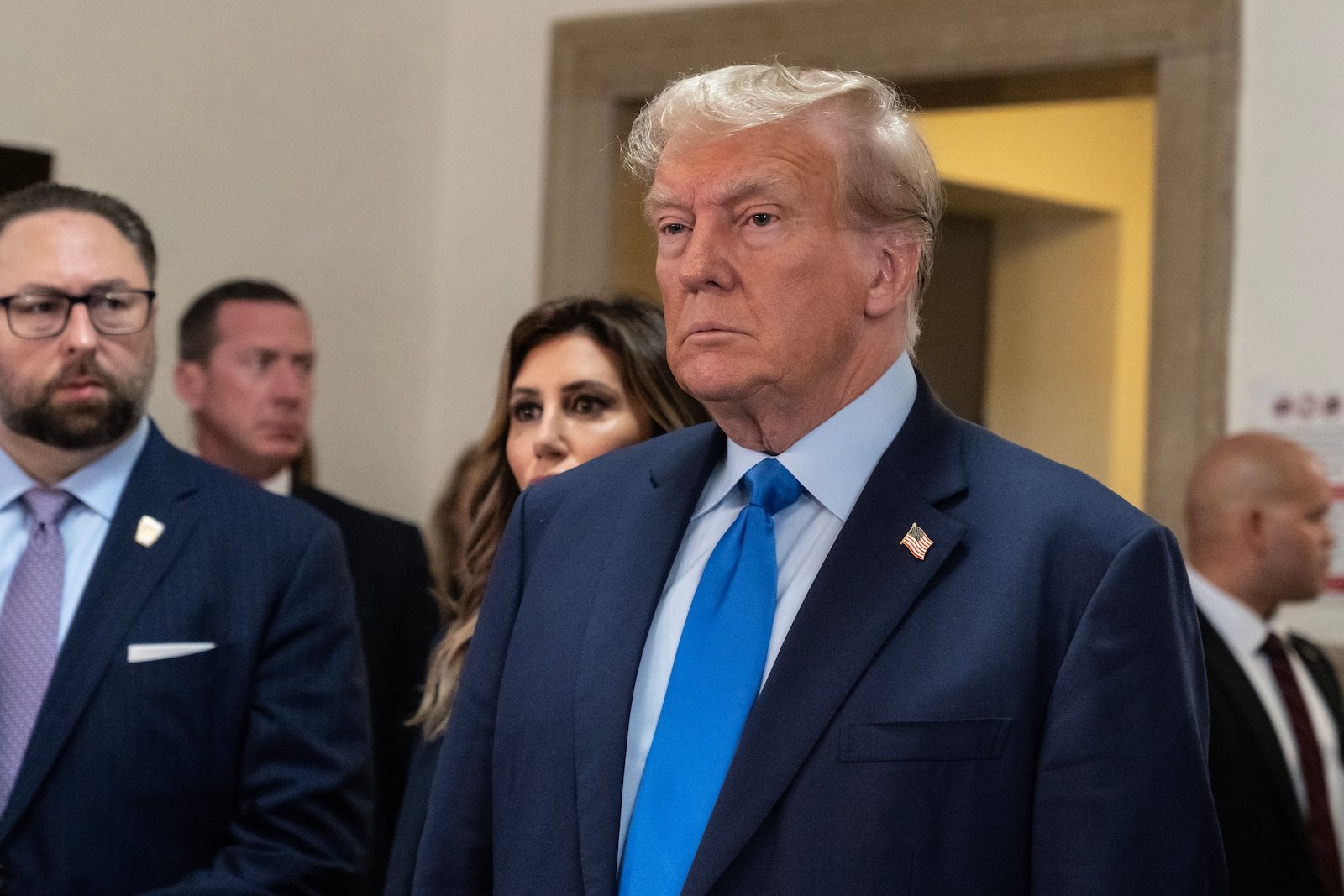
The trial centers on allegations that Donald Trump made hush money payments to two women during his 2016 presidential campaign to stop them from speaking out about alleged affairs. These payments, if proven to be intended to influence the election, could be considered campaign finance violations.
The payments in question were purportedly made to adult film actress Stormy Daniels and former Playboy model Karen McDougal. Both Daniels and McDougal have alleged that they had affairs with Trump, which he denied. The core issue is whether these payments were personal transactions or intended to influence the outcome of the 2016 election by silencing potentially damaging stories.
Charges Against Trump

Trump faces several charges, including conspiracy to violate campaign finance laws involving the coordination and payment of hush money to silence allegations of affairs, allegedly to benefit Trump’s presidential campaign.He also faces charges of making false statements to the Federal Election Commission (FEC) about how the payments were documented and reported and possible obstruction of justice.
Timeline of the Trial

2016: Alleged payments made during the presidential campaign.
2018: Michael Cohen, Trump’s former lawyer, pleads guilty to campaign finance violations and implicates Trump.
2020: Initial investigations and subpoenas issued. The case gained momentum as prosecutors gathered evidence and interviewed witnesses.
2023: Formal charges brought against Trump. This development marked a significant escalation, leading to the trial proceedings.
2024: Trial proceedings underway. The trial is expected to be closely watched and highly contentious, with significant political and legal ramifications.
The Role of Michael Cohen
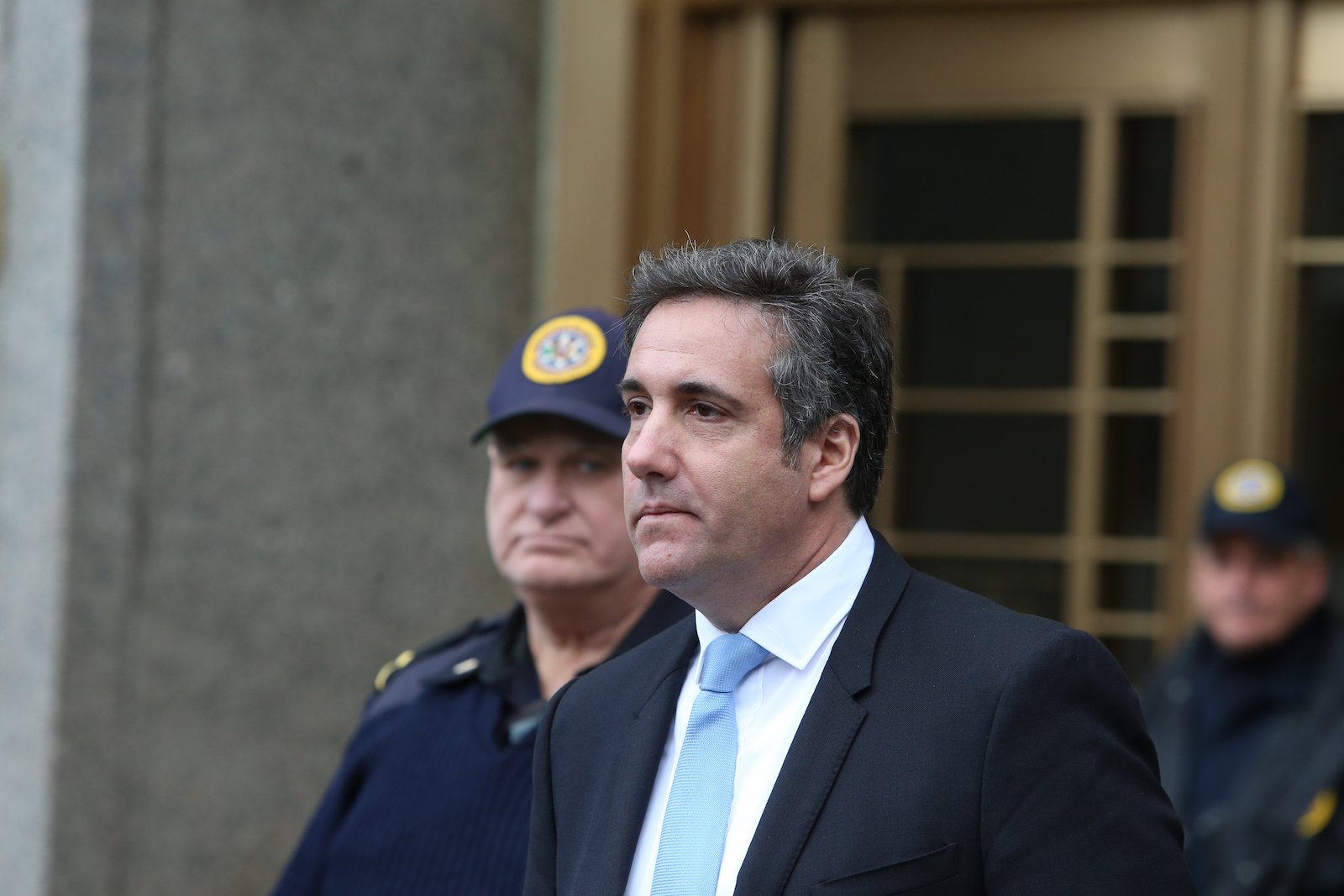
Michael Cohen’s testimony is pivotal to the prosecution’s case. He has provided detailed accounts of his involvement in the payments, claiming they were made at Trump’s direction to influence the 2016 election. Cohen’s credibility has been a central issue, with the defense seeking to undermine his testimony by highlighting his criminal record and personal motivations.
Cohen has already served prison time for his role in the scheme, including tax evasion charges, bank fraud, and campaign finance violations. His cooperation with prosecutors and willingness to testify against Trump was part of his plea deal, which reduced his sentence.
Implications for Campaign Finance Law

The trial could set a precedent for what constitutes a campaign finance violation. If payments to influence an election are deemed illegal, this could have far-reaching implications for future campaigns.
The case has sparked discussions about potential reforms to campaign finance laws to increase transparency and accountability. Possible reforms include stricter reporting requirements, enhanced enforcement mechanisms, and more precise definitions of campaign-related expenditure.
Political Consequences
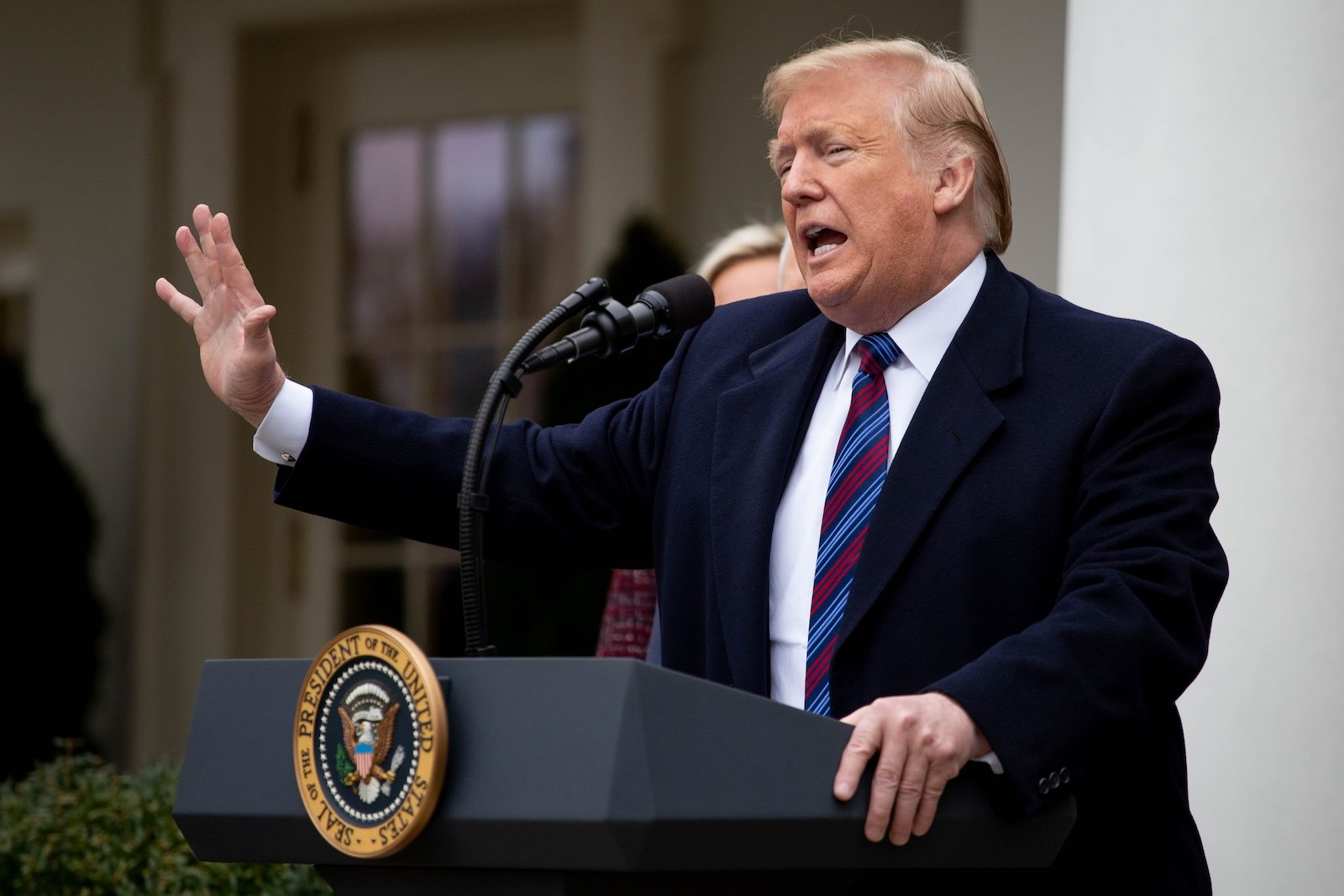
The trial could significantly impact Trump’s political future. A conviction could bar him from running for office again, affecting his potential 2024 presidential bid. Even without a conviction, the trial could damage his reputation and influence his standing with voters and party leaders.
The trial has polarized opinions, with Trump’s supporters seeing it as a political witch hunt and critics arguing it demonstrates accountability. The outcome could influence public trust in the legal system and set a precedent for holding high-profile politicians accountable for campaign finance violations.
Media Coverage and Public Perception

Media coverage has been extensive and varied, with different outlets presenting differing perspectives on the trial’s significance and legitimacy. Some media portray the trial as a necessary step towards justice, while others frame it as politically motivated.
Public opinion is divided. Trump’s supporters primarily view the trial as unjust persecution, while others see it as essential for legal accountability. According to a CBS/YouGov poll conducted from May 14-21, 52% believe Trump will likely be found guilty, while 48% believe he will likely be acquitted.
Trump’s Defense Team

Trump’s legal team has mounted a vigorous defense, arguing that the payments were personal matters unrelated to the campaign and thus not subject to campaign finance laws.
They have also sought to discredit key witnesses, including Michael Cohen, and challenge the admissibility of certain evidence.
Prosecution’s Case
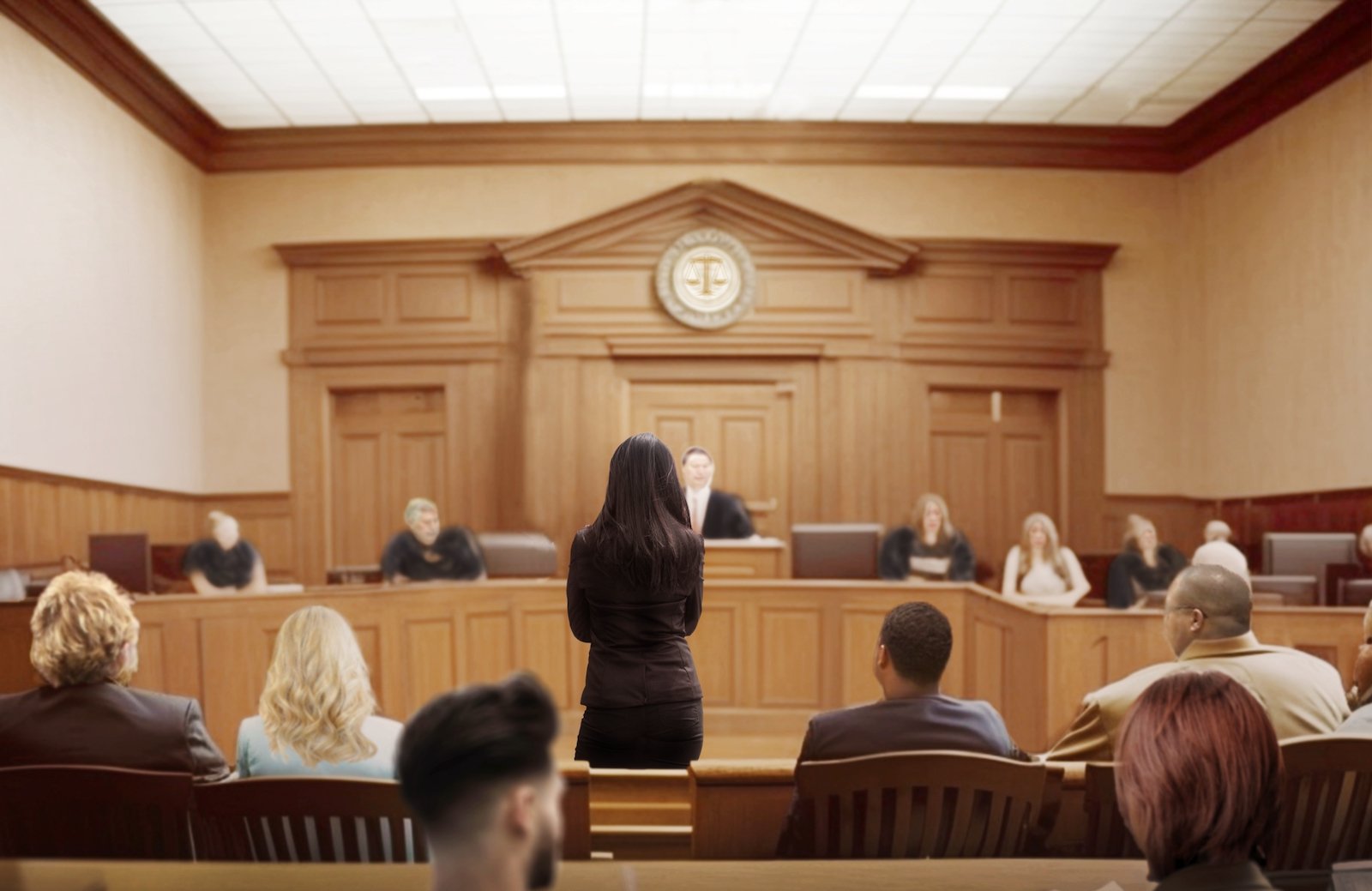
The prosecution argues that the payments were explicitly made to influence the election, constituting a clear violation of campaign finance laws.
They rely on testimony from Michael Cohen and other witnesses, along with documentary evidence such as emails, recordings, and financial records.
Recent Delay in Sentencing

The sentencing phase of Donald Trump’s trial, initially scheduled for July 11, has been delayed to September 18. This postponement allows both the defense and prosecution more time to prepare and present their arguments.
The delay reflects the complexity of the case and the need for thorough consideration of all legal aspects before finalizing the sentencing.
Potential Outcomes

Conviction could lead to significant legal penalties and affect Trump’s eligibility for future office. On the other hand, acquittal could bolster Trump’s claims of being targeted unfairly. An acquittal might energize his base and strengthen his position within the Republican Party.
If convicted, Trump would likely appeal, potentially dragging the case out for years. The appeals process could involve multiple levels of the court system, including possible hearings in the Supreme Court.
Historical Context
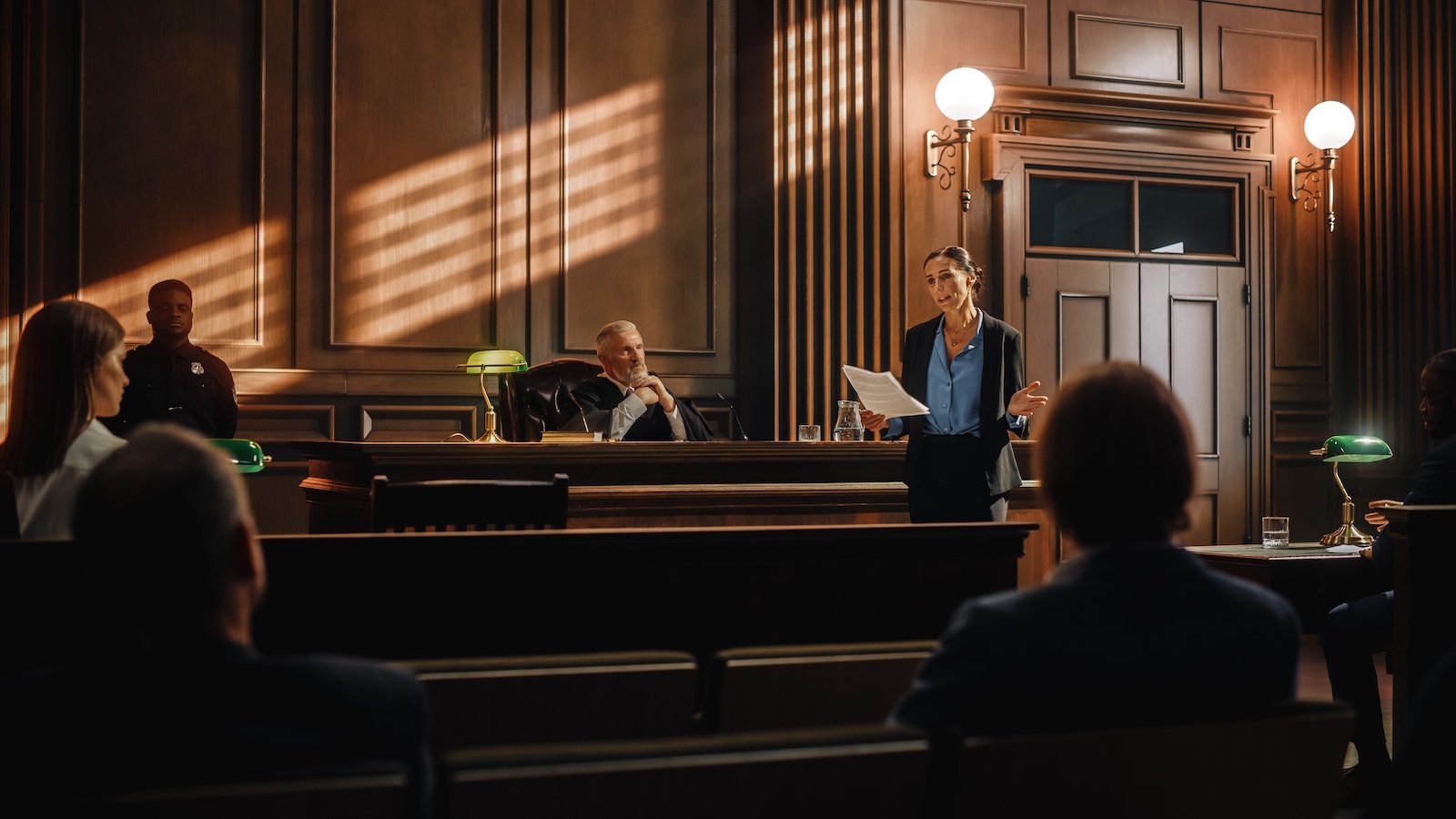
Comparisons have been drawn to previous political scandals, such as Watergate, highlighting the trial’s potential historical significance. Like Watergate, this trial involves allegations of misuse of power and attempts to subvert democratic processes.
The trial could be a landmark case for political accountability, setting a precedent for future cases involving campaign finance violations. It may influence how future candidates conduct their campaigns and how strictly campaign finance laws are enforced.
Future Developments to Watch

Key court dates and milestones in the trial will be critical in determining the case’s outcome. These include hearings on motions, the trial itself, and potential appeals.
The trial may prompt legislative changes aimed at tightening campaign finance regulations. Lawmakers may seek to address gaps and ambiguities in current laws to prevent similar issues in the future.


